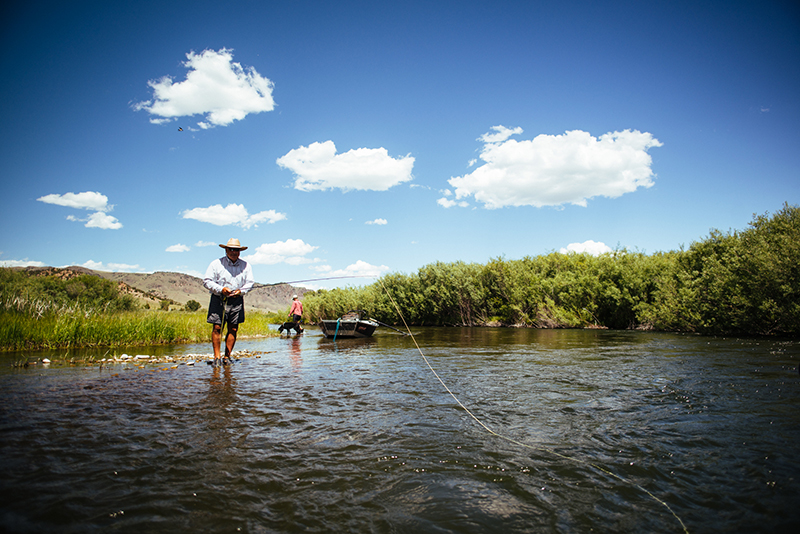Running A Council
The task of running your council as a team of volunteers may seem daunting at first, but with good leadership, delegation and a shared vision for where you want to go, working to achieve TU’s mission in your state can be rewarding and fun! There’s so much to cover that we highly recommend reviewing the TU Chapter and Council Leadership Manual, but below are some of the basics and best practices for running an effective and impactful council.
Define Your Goals & Measure Your Progress
There’s nothing more powerful than having a vision and plan for what you hope to accomplish and if your council does not already have one, or hasn’t updated it in some time, developing a strategic plan is a good place to start the process of getting everyone on the same page and pulling in the same direction. Your plan doesn’t have to be elaborate to be effective, but it should set some clear goals, identify some measurable outcomes and define what resources – of time, talent and treasure – you need to accomplish those goals and achieve the outcomes. See Council Strategic Planning Resources.
Build & Empower Your Team
As a council officer, you will have the benefit of arriving with a number of volunteers already in place and the opportunity to recruit and attract new leaders to help you achieve your strategic plan goals. The goals you set will determine the number of people you’ll need and the skills and expertise of those volunteers. Once you know what you need to accomplish and what skills you need to get there, you can begin to recruit and train the volunteers who will help make it happen. See Council Leadership Development Resources.
Pay Attention to Details & Good Governance
The correlation is clear, state councils that focus on good governance, ensure the council and chapters are following all required policies and suggested best practices, and dedicate time and attention to effective communications, member engagement and volunteer leader mentoring and support are able to accomplish more together. This runs the gamut from ensuring all chapters file required financial and IRS reports, to actively and frequently communicating directly with all volunteer leaders in the state, as well as the membership in general. See Important TU Policies and Risk Management & Financial Controls.
Manage Relationships & Foster Chapter Collaboration
TU was founded and grew in early years as a disconnected group of local chapters with volunteers working to restore and protect the streams they love. Our understanding of the importance of watershed-scale and landscape-scale work has evolved and we now know that the strongest and most effective councils are ones where chapters work across borders in collaboration on everything from habitat projects to state-wide advocacy. Helping build that relationship among chapters and healing old wounds and personality conflicts is an important role for a state council – and often the work that must take place first before your chapter support efforts can be realized.


